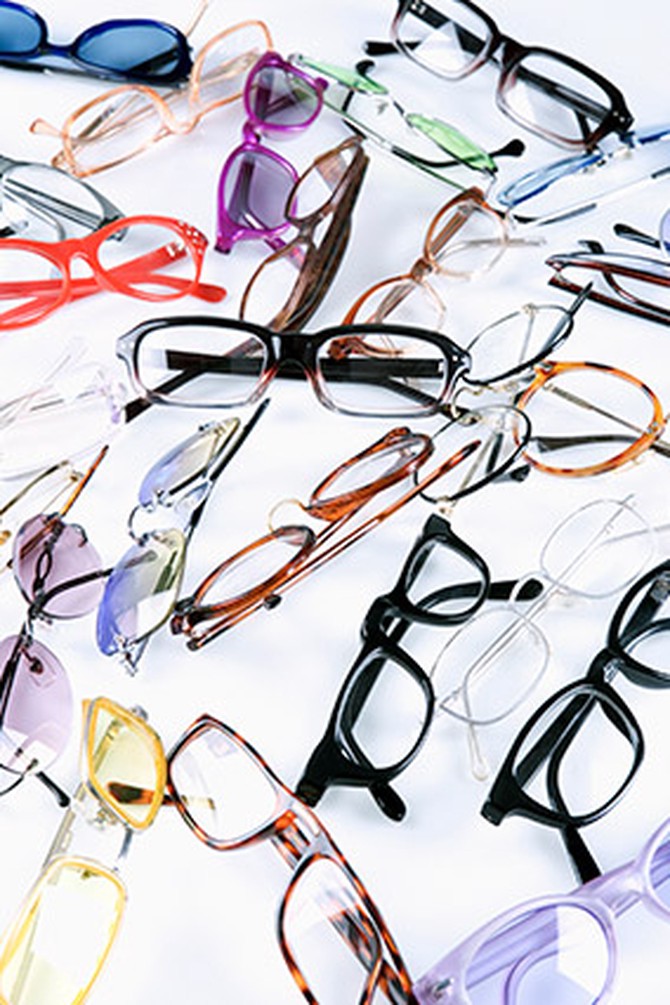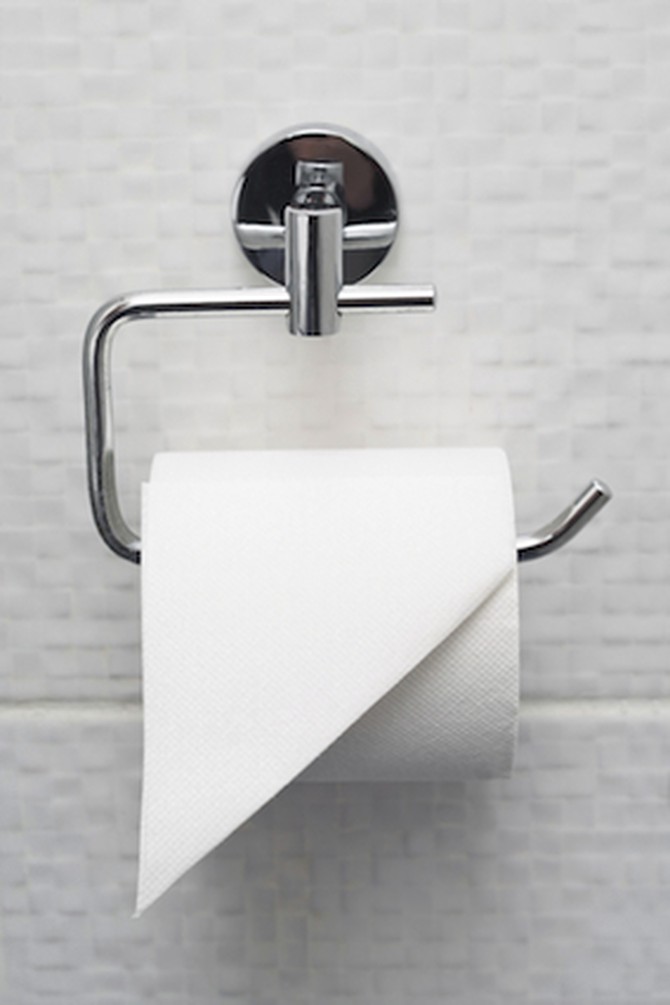How Your Nose Can Control Your Brain
Your smell circuits are hotwired to those that process emotion, memory and motivation. Is that why you’re feeling so edgy, chatty, touched or sated right now?
By Jena Pincott

Photo: Thinkstock
It May Freak You Out (a Little)
Yes, you can inhale fear—and it changes your brain, found a
German study in which "fear sweat" sniffers showed increased activation in neural circuits associated with empathy (not so for sniffers of normal sweat). After breathing it in for at least five minutes, you may feel more anxious (and not know why), as volunteers did in a study at the Monell Chemical Senses Center.

Photo: Thinkstock
It May Geek You Out
In an experiment led by Denise Chen at Rice University, female volunteers scored higher on a word-association test after smelling sweat from the armpits of horror-movie watchers (compared to neutral or no sweat). Through learned association, inhaling "fear" or "stress" sweat may make us more alert and vigilant—which translates into a cognitive boost.

Photo: Thinkstock
It Can Trigger Your Sexual Sixth Sense
We’ve all heard about the power of smell and its role in choosing lovers who are biologically compatible (smell sexy). The surprise: We can also use our noses to suss out whether the attraction is mutual (or, more precisely, if the man in question is horny).

Photo: Thinkstock
It Can Make You Believe Less is More
The more powerful a food’s odor, the less of it we eat in each bite. An unconscious portion-control reflex, smaller mouthfuls help to moderate big flavor hits (too much overwhelms), found researchers in a food-aroma study published by the journal Flavour.

Photo: Thinkstock
It Can Bring Out the Perky People Person in You
Everyone knows the right smells can improve a mood. Science confirms: They can make you chatty, smiley and more sociable (flowers); more altruistic with strangers (perfume and fresh-baked bread); and likelier to give out your phone number when a man hits on you (croissant).

Photo: Thinkstock
It Could Make You Splurge on Designer Toilet Paper (and Return for More)
A simple orange scent subconsciously inspired people in a Swiss store to spend about 20 percent more money than when shopping with no scent or a complex one (harder to process), found a study published in the Journal of Retailing.
Next: Trick your brain into eating less when you're at home
Next: Trick your brain into eating less when you're at home
Published 05/09/2013

